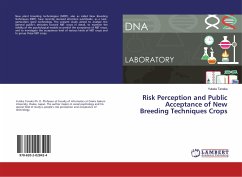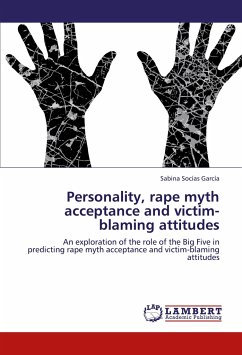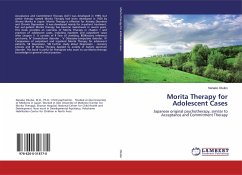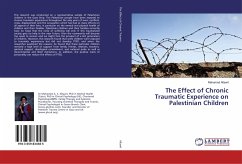Among older adults, age-related physical and cognitive problems challenge the need to live independently in the home environment. Therefore, recent smart home technologies aim to enhance the elderlies' health and Quality of life by monitoring behavior and health conditions in their home environment. However, still a lot of concerns are raised regarding the monitoring of private data. The study assesses the current acceptance of the monitoring functions of a specific smart home technology, the eWALL, and identifies factors to enhance the acceptance. A small-scale usability testing with 11 participants was conducted, orientating at key constructs of the UTAUT model. Overall acceptance emerged to be neutral. However, the monitoring of private data is still seen as a barrier to use the technology as the usefulness was perceived as rather low. This research thesis discusses measures to improve the acceptance of the smart home technology and to make it more feasible for future implementation.








